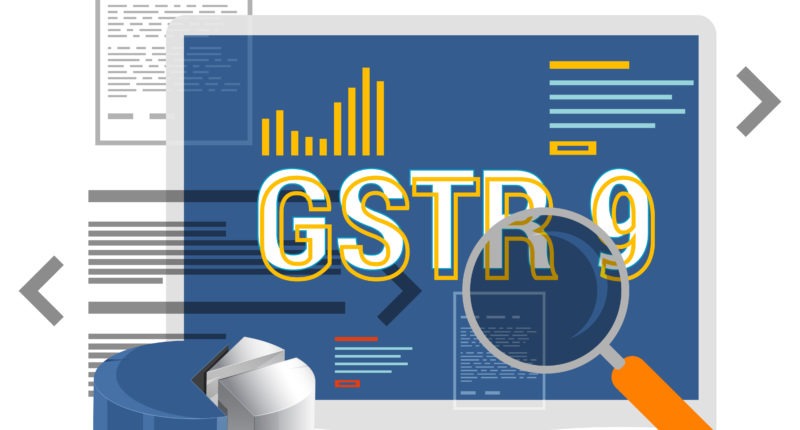The CBIC took to Twitter to announce the extension of GSTR-9 and GSTR-9C for FY 2019-20 up to 31st March 2021. The announcement was made on 28th February 2021 around 6 p.m.
A press note was released on the same day, and subsequently, CGST notification no. 4/2021 was issued to give an immediate effect to the change. The extension has brought relief to many tax professionals who had raised concerns about the insufficient time available to complete the GST audits. It was due to the tax audit season ending on 31st January 2021. Additionally, the IT return filing for companies was due until 15th February 2021.
After the government announced the extension, many taxpayers and professionals pointed out the delay in releasing the statement. Many stated that the last-minute changes to due dates would leave professionals battered around the deadlines, leaving their teams unproductive. However, the one-month extension will provide the necessary time for closing audits and filing accurate tax returns.
The due date of GSTR-9 and GSTR-9C for FY 2019-20 was initially 31st December 2020. However, there was a delay in enabling the utility and window on the GST portal. That led to the first time extension up to 28th February 2021. However, the press note has stated that the extension now provided was due to taxpayers’ concerns about meeting yesterday’s deadline.
Most trade associations had made representations reasoning that there is severe mental and psychological fear due to the continuing second wave of COVID-19 with a risk of contracting the COVID-19 virus. Accordingly, the industry had sought a three-month extension for filing GST annual returns and reconciliation statements. Without an extension, taxpayers may have failed to furnish the necessary forms and could be subject to hefty penalties. These would be an additional burden during the challenging times for the businesses affected by the pandemic.
On the flip side, a specific section of tax professionals and industry experts wanted only a waiver of the late fee and not an extension in the due date. Primarily, there are repercussions of extending the due date under the GST law. It is linked to other compliances and timelines.
Section 36 of the CGST Act requires the books of accounts to be maintained up to seventy-two months from the due date of furnishing GSTR-9 of a particular financial year. Moreover, Sections 73 and 74 of the CGST Act gives the tax officers time of up to three and five years from the due date of GSTR-9, respectively, to issue any demand orders. Extension of the due date can leave taxpayers disadvantaged in these circumstances.
Overall, the law intends not to inconvenience the taxpayers. Hence, the due date extension is a welcome move for taxpayers and professionals to complete compliance without haste.
For any clarifications/feedback on the topic, please contact the writer at annapoorna.m@cleartax.in
Annapoorna, popularly known as Anna, is an aspiring Chartered Accountant with a flair for GST. She spends most of her day Singing hymns to the tune of jee-es-tee! Well, not most of her day, just now and then.





